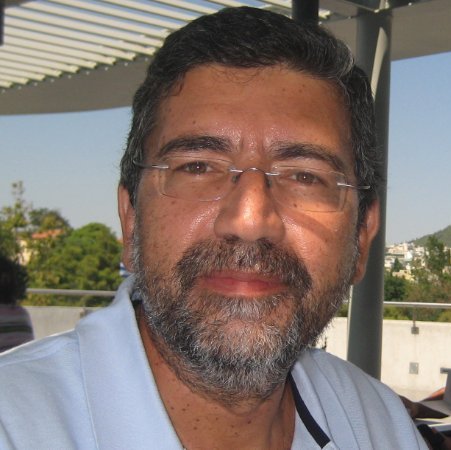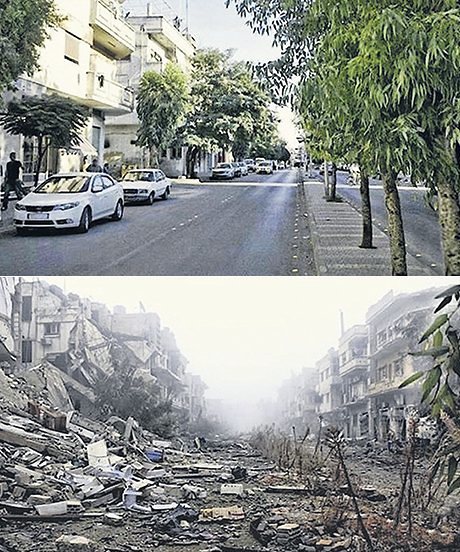
By Dr. Angelos Vallianatos
Let’s face the facts: 13.5 million people in Syria need humanitarian assistance. 6.6 million are displaced within Syria, and 4.6 million Syrians are refugees. Half are children. From the beginning of the civil war in Syria, over 12.000 children have died. Children affected by the Syrian conflict are at risk of becoming ill, malnourished, abused, or exploited. Millions have been forced to quit school.
Most Syrian refugees remain in the Middle East, in Turkey, Lebanon, Jordan, Iraq, and Egypt. About 10% of the refugees are trying to move to Europe. In 2015, 1,015.078 persons, immigrants and refugees reached Europe from land and sea. 856.723 of them came to Greece by sea. January 2016 was a deadly month. Within 30 days, about 235 refugees drowned or are missing in the Aegean Sea.
Not far ago, refugees were living their lives which were like yours and mine, rich or poor, happy or not, in places like yours or mine. From a certain point on their basic human rights like equality, work, freedom, food and water, dignity, peace, education, privacy, asylum, were violently stolen, and they were thrown on a long and uncertain way of dreaming and hoping to get them back.
For the ones who live close to the “hot spots” of refugee arrivals, the change is too much to pretend indifference. As the distance from those places indifference can become easier, but it doesn’t stop of being pretending. It is not a matter of geographical distance! In fact, it is the distance that one creates between “us” and “them”. It is how much “them” are considered as “us”.
When this distance exists, the refugee crisis succeeds to create fear that turns to conservatism. We fortify ourselves and our possessions to “ours” that we care for, and “others” that we don’t. Pity! “Our” common world decreases to the borders of what we personally count as “us”, but that’s it.
But let’s not be arrogant. It is easy today to lose – in different degree – the sense of community and sharing. Many reasons can cause that, explanation is not easy at all. So, as we care for “us” and “ours”, let’s think for a moment:
How much human rights characterize “our” personal lives? How sensitive are we towards respecting them in everyday life, in the closed small society of our family, neighborhood, and town? In what extend do we feel a personal responsibility for every abuse of human rights regarding the men, women and mostly the children of our daily concern, the people that we take for granted?
The refugee crisis needs to be confronted in multiple ways: it needs peace in the areas that generate it, condemnation of the agents that take advantage of it for their own profit, sensitivity and respect to the persons that suffer because of it.
But above all, the refugee crisis underlines the need to create peacemaking active citizens all over our world, sensitive to the equality and dignity of all people, no matter same or different, how close or distanced they may be.
The refugee crisis is a call for awareness and action. We are all refugees, not only because some of us suffer on the way to their survival, but also because none of us, without exception, is eternal and permanent on our planet. We all are on the way, and what matters is the mark, the footprint that we can leave on that way, as a treasure and a heritage for the children of today, for the people of tomorrow.
 A street in Homs, in 2011 (above) and 2014 (below) From: The Guardian: http://goo.gl/4d03nH
A street in Homs, in 2011 (above) and 2014 (below) From: The Guardian: http://goo.gl/4d03nH